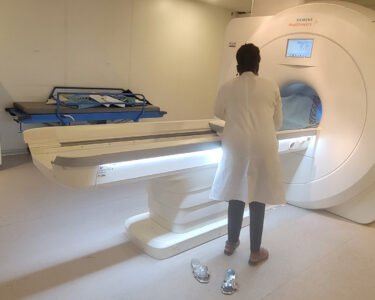Pregnancy is a remarkable process, filled with many intriguing and lesser-known facts that highlight the complexity and wonder of human development. Here are some surprising aspects of pregnancy that might astonish you:
- Crying in the Womb: Babies can cry while still in the womb, showcasing early emotional development.
- First Bowel Movement: A baby begins forming its first stool, known as meconium, around 21 weeks of gestation. However, this will not be passed until after birth.
- Peeing and Drinking in Uterus: Starting from the second trimester, babies begin to urinate in the uterus and then drink this amniotic fluid, which is a normal part of fetal development.
- Sensory Development: Unborn babies can feel, see, and hear during their time in the womb, reflecting the advanced sensory development that occurs before birth.
- Largest and Smallest Cells: The female ovum, or egg cell, is the largest cell in the human body, while the male sperm is the smallest.
- Fingerprint Formation: A fetus begins to develop unique fingerprints as early as three months into pregnancy.
- Lung Development: The lungs are the last major organ to fully develop in a fetus, underscoring their critical role in post-birth survival.
- Universal Egg Size: Interestingly, the egg cells of various mammals, including mice, rabbits, gorillas, dogs, pigs, whales, and humans, are all approximately the same size.
- Amniotic Fluid Composition: The majority of amniotic fluid, which surrounds and protects the fetus in the womb, is actually sterile urine produced by the baby.
- Taste Preferences: Research has shown that babies can taste the food their mother consumes, as flavors from the mother’s diet pass into the amniotic fluid.
- Post-Birth Contractions: After childbirth, contractions continue as the body’s natural mechanism to prevent excessive blood loss.
- Sex Determination: The sex of a baby is determined by the sperm from the father, depending on whether it carries an X or Y chromosome, not by the mother.





